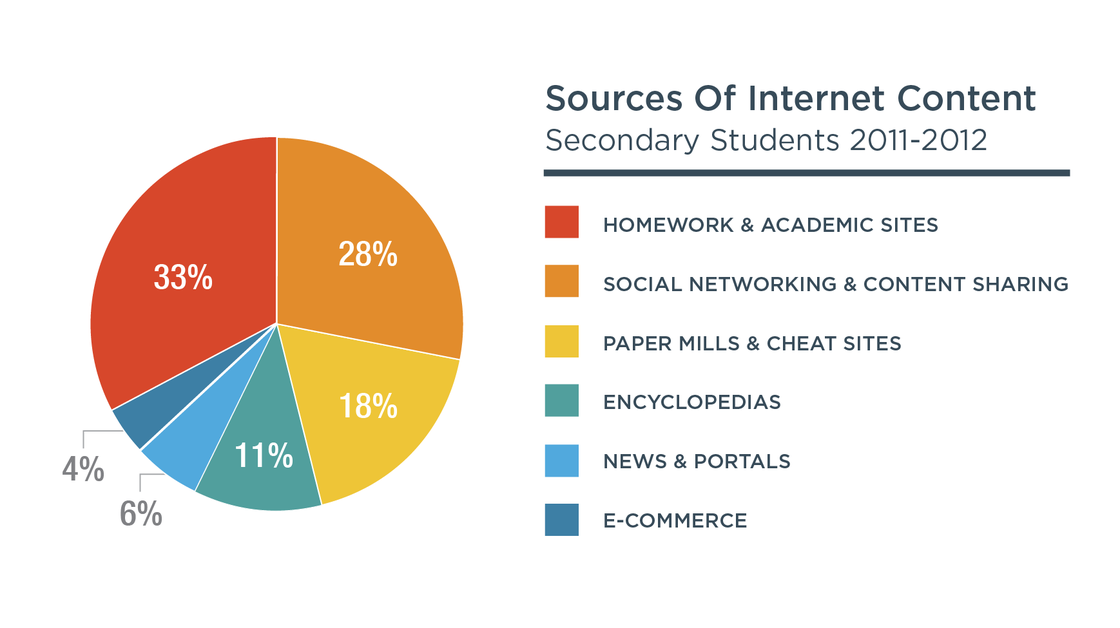By Steve Holmes
Steve Holmes is an Assistant Professor of English at George Mason University. His primary research areas include classical and contemporary rhetorical theory, continental philosophy, digital rhetoric, videogames, mobile and handheld media, and multimodal composition. His most recent publications appear in Rhetoric Review, Enculturation, and the Fibreculture Journal.
One aspect that writing teachers are increasingly facing is the need to address the role of medium in student composition. Our students communicate through different technologies (laptops, mobile phones, tablets) and social media (SnapChat, Instagram, Twitter, Yik Yak). In turn, a greater number of professional, industry, and academic communication situations are demanding ever greater familiarity with a variety of digital literacies. Since Gail E. Hawisher and Cynthia L. Selfe published Gaming Lives in the 21st Century in 2007, a growing number of composition scholars have sought to make videogames an object of inquiry (Waggoner et al.; Colby-Shultz et al.). Writing Across the Curriculum (WAC) scholarship has commendably begun to address these forms of digital writing, but lags behind in attention to videogames and gaming.




